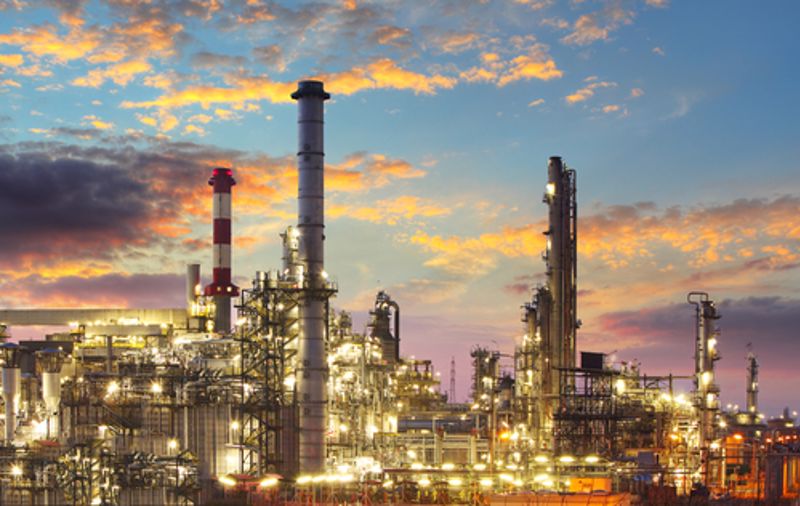More than 72 hours after Hurricane Ida made landfall, over 95.6% of oil production in the Gulf of Mexico was down, National Public Radio reported from Bureau of Safety and Environmental Enforcement data. The same was true for more than 93.7% of natural gas lines. Yet despite the temporary refinery stoppages, experts don't anticipate major price fluctuations at gas stations.
"This is not Katrina," Richard Joswick, head of oil analytics at S&P Global Platts, told NPR.
Katrina — which ironically hit the Bayou State the same day as Ida, only 16 years earlier — was a weaker storm than Ida but caused massive levels of damage that are still being felt over a decade later. The immediate effects on gasoline prices were significant, with the cost of a gallon rising by 45 cents almost immediately, according to NPR.
But by Sept. 6 of this year — Hurricane Ida reached the Louisiana coastline on Aug. 29 — the cost for unleaded regular rose nationwide by just four cents to an average of $3.17 per gallon, according to the U.S. Energy Information Administration. The cost has since retreated slightly to $3.16 per gallon.

Tepid demand for oil
This isn't to say that oil production didn't diminish. Investment bank Goldman Sachs said in a note to investors that it anticipates 40 million barrels of crude production to be lost overall as a result of the pipelines shutting down during and after Ida, Reuters reported. What has prevented prices from rising more substantively is limited demand.
"On net, we believe the storm will have left the U.S. short of around 30 million barrels of total oil, almost entirely in products due to the impact on refinery runs versus demand," Goldman Sachs said, according to Reuters. "While there is pessimism on the oil demand recovery due to the storm, reducing COVID infections, particularly in the U.S., could offset the fall in the coming weeks, with both higher U.S. margins and a tightening WTI-Brent differential."
Storm damage mitigation efforts bearing fruit
Goldman Sachs predicts the oil demand impact to top out at 450,000 barrels per day as a result of Hurricane Ida. The total is much less than previous years storms, especially Hurricane Katrina. Joswick of S&P Global Platts told NPR the improvement is largely due to refineries applying the lessons they learned from Katrina, hardening their infrastructure to mitigate the damage caused by flooding and harsh winds.
"They raised critical equipment up off the ground so it wouldn't flood, for example," Joswick noted.



Post A Comment:
0 comments so far,add yours